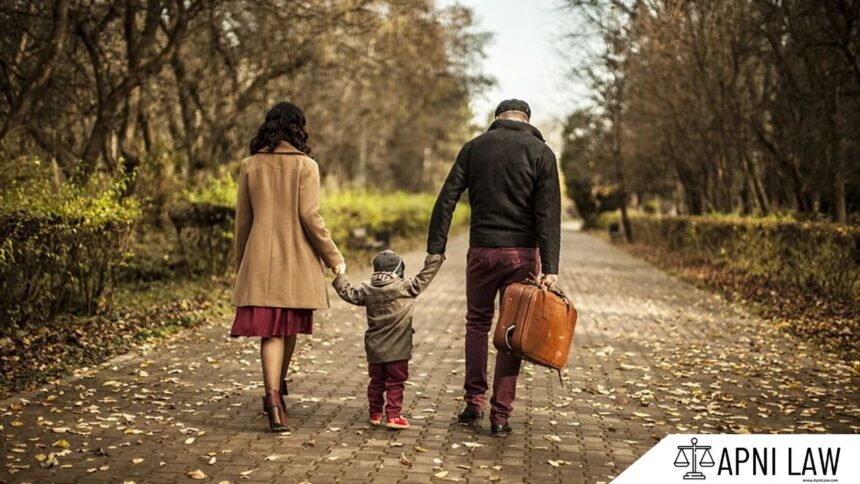In a major ruling, the Chhattisgarh High Court declared that adoptive mothers are entitled to maternity or child adoption leave. The Court stated this is a fundamental right under Article 21 of the Constitution, which guarantees every mother the right to care for her child, regardless of how she attains motherhood.
No Discrimination Between Types of Mothers
Justice Bibhu Datta Guru emphasized that no discrimination can be made between biological, surrogate, or adoptive mothers. All mothers have equal rights to care for their children. The Court said children born through adoption or surrogacy have the same right to care, love, and protection.
“There is no distinction between natural, biological, surrogate, or adoptive mothers. All have the right to motherhood under Article 21.”
Case Background
The petitioner, an Assistant Administrative Officer at IIM Raipur, adopted a two-day-old girl on November 20, 2023. She applied for 180 days of child adoption leave.
However, IIM denied the full leave. It cited its HR policy, which allows only 60 days of commuted leave in such cases. The institute granted her leave from November 20, 2023, to January 18, 2024.
The petitioner argued that the Central Civil Services (Leave) Rules, 1972, allowed 180 days of leave. She pointed out that the HR policy itself refers to Central Government rules where silent. Despite repeated requests and a recommendation from the State Women Commission, IIM refused her full leave. She then filed a writ petition.
HR Policy Must Follow Central Rules
The Court found that IIM’s HR policy was silent on adoption leave. Therefore, as per its own policy, it must follow Central rules.
Rule 43-B(1) of the 1972 Rules grants 180 days of child adoption leave to female government employees who adopt a child under one year old.
Fundamental Rights Apply to Private Institutions Too
IIM challenged the maintainability of the petition. But the Court rejected this. It cited the Supreme Court ruling in Kaushal Kishor v. State of U.P. (2023), holding that Articles 19 and 21 are enforceable even against non-state entities.
The Court said denying such leave violates Articles 14, 15, 19(1)(g), and 21, as it deprives a woman of full workforce participation.
Right to Leave is Not a Privilege—It’s a Constitutional Guarantee
Justice Guru ruled that maternity and childcare leave is not a privilege. It is a constitutional guarantee. The ruling emphasized:
- Workforce participation by women is a right, not a favor.
- Denial of child care leave forces many women to quit jobs.
- Leave supports the child’s emotional and developmental needs.
- Adoptive mothers also experience the same affection and responsibilities.
Global Human Rights Support the Ruling
The Court also relied on:
- B. Shah v. Labour Court (1977)
- Lakshmi Kant Pandey v. Union of India (1984)
- UDHR and CEDAW provisions promoting women’s and children’s rights.
“Becoming a mother is a natural part of a woman’s life. Employers must show sympathy and support to working mothers.”
Final Verdict
The Court ruled that the petitioner is entitled to 180 days of child adoption leave under Rule 43-B of the 1972 Rules. IIM Raipur must adjust the 84 days of leave already granted under the Maternity Benefit (Amendment) Act, 2017, against the full 180 days.
Conclusion
This ruling ensures equal maternity rights for adoptive mothers, strengthening workplace equality and reinforcing women’s fundamental rights under the Constitution.











